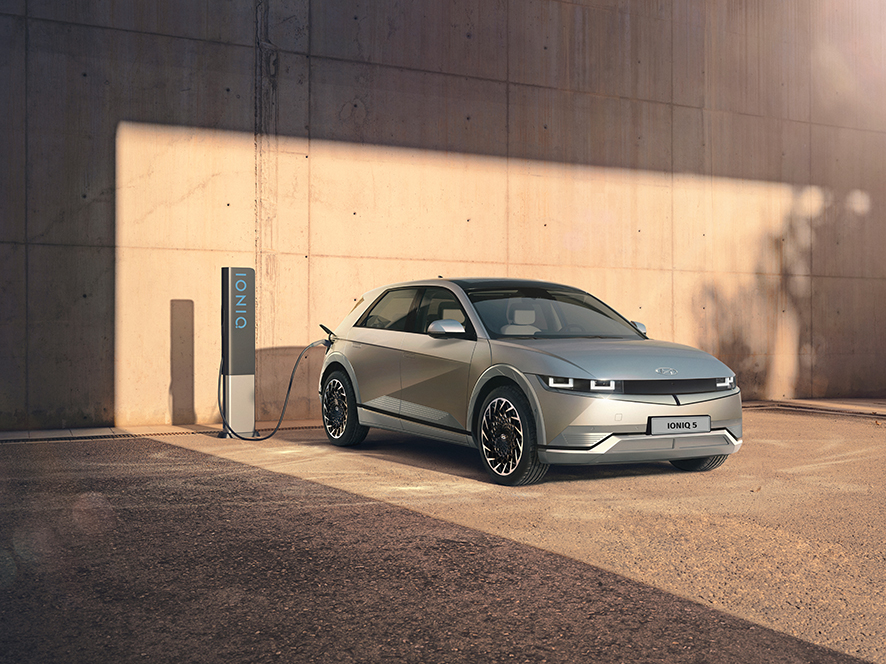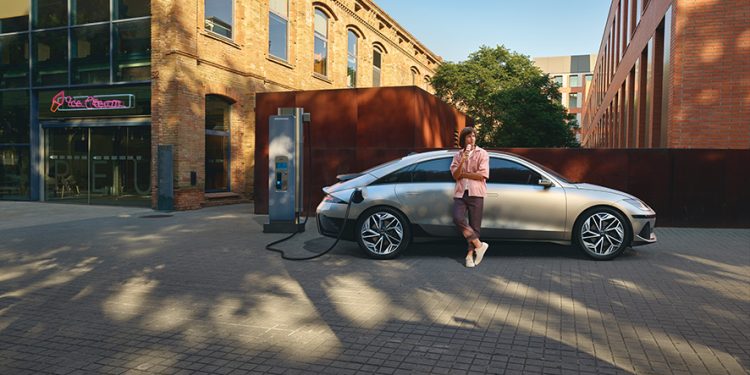Hyundai is dedicated to its core principle of “Progress for Humanity,” focusing on developing efficient and eco-friendly technologies to minimize air pollution. Beyond petrol and electric vehicles, the company also produces hydrogen-powered models. Hyundai aims to reach carbon neutrality by 2045, which drives its ongoing commitment to producing and promoting electrified vehicles.
In 2016, Hyundai made a groundbreaking move towards vehicle electrification with the launch of the innovative Ioniq. This marked the beginning of a new electric vehicle lineup under the “Ioniq” brand. The Ioniq 5 was the first model introduced, followed by another electric SUV and eventually the Ioniq 6. The brand is set to expand this line with a range of additional electric SUVs.
Hyundai Auto Georgia, the official representative of Hyundai in Georgia, is dedicated to showcasing the brand’s cutting-edge technologies to customers around the world. Currently, the Hyundai showroom features both fully electric models from the Ioniq series: the Ioniq 5 and the Ioniq 6.
These vehicles are defined not only by their electric efficiency but also by their eco-friendliness. Consequently, it’s no surprise that the EV models incorporate environmentally sustainable materials. For instance, the exterior features eco-friendly paint, and the interior is designed using biomaterials and recycled components.

Although there is a growing interest in electric vehicles in Georgia, hybrid models continue to be the most in-demand. This is likely because of the limited range of electric vehicles and the shortage of charging stations. However, the Ioniq 6, with its large battery and speeds of up to 77.4 km/h, can travel up to 614 kilometers on a single charge. Meanwhile, the Ioniq 5 offers a range of 514 kilometers—both distances are more than enough for a trip from Tbilisi to Batumi.
When it comes to charging speed, a 50-kilowatt charger can charge the battery up to 80 percent in just one hour. Conversely, a 3-phase 11-kilowatt charger takes between 5 and 7 hours to fully charge the battery.
Electric vehicles offer significant cost advantages over traditional cars, especially when compared to internal combustion engines. This cost difference is particularly noticeable over longer distances. For instance, over a 500-kilometer journey, an electric vehicle with a 77.4 kWh battery can save approximately 140 Lari compared to a conventional internal combustion engine. Additionally, electric vehicles have fewer technical components than traditional cars, leading to further cost savings.
Overall, despite the current infrastructure, owning an electric vehicle provides many benefits. To enhance comfort and accessibility, however, it is crucial to advance the infrastructure further.














